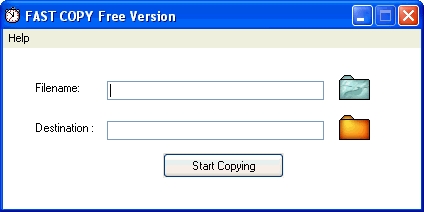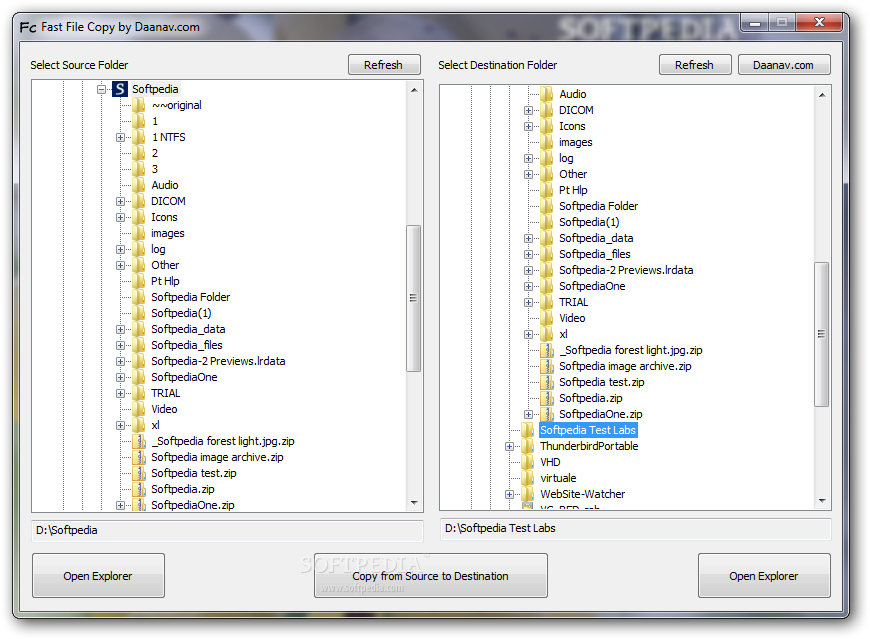


Otherwise, some variation of the create command creates the actual file. Code checks whether the file exists and then creates the file. SMB calls a create command to request that the file is created. The following are technical details about this problem: Network latency, create commands, and antivirus programs contribute to a slower transfer of small files. When a large number of small files are transferred, the cost is repetitive and causes slow transfers. For large file transfers, these costs occur only one time. This occurrence is an expected behavior.ĭuring file transfer, file creation causes both high protocol overhead and high file system overhead. On the SMB client, enable large MTU in SMB, and disable bandwidth throttling by running the following command: Set-SmbClientConfiguration -EnableBandwidthThrottling 0 -EnableLargeMtu 1Ī slow transfer of small files occurs most commonly when there are many files. Packet loss can cause throttling by the TCP congestion provider.įor SMBv3 and later versions, verify that SMB Multichannel is enabled and working. Use RAMMap (SysInternals) to determine whether "Mapped File" usage in memory stops growing because of free memory exhaustion. For more information, see Performance tuning for SMB file servers. To verify this situation, use storage performance monitor counters to determine whether storage performance degrades over time.

This change forces data to be written directly to disk (write-through). A change in copy speed occurs when the initial copy is cached or buffered, in memory or in the RAID controller's memory cache, and the cache runs out. Copy speeds are limited by storage speed.įile copies sometimes start fast and then slow down. Try the file copy command for unbuffered IO: If you observe slow transfers of files, consider the following steps:

You can troubleshoot slow file transfers by checking your current storage use. This article provides troubleshooting procedures for slow file transfer speeds through SMB. Server Message Block (SMB) file transfer speeds can slow down depending on the size and quantity of your files, your connection type, and the version of apps you use.


 0 kommentar(er)
0 kommentar(er)
